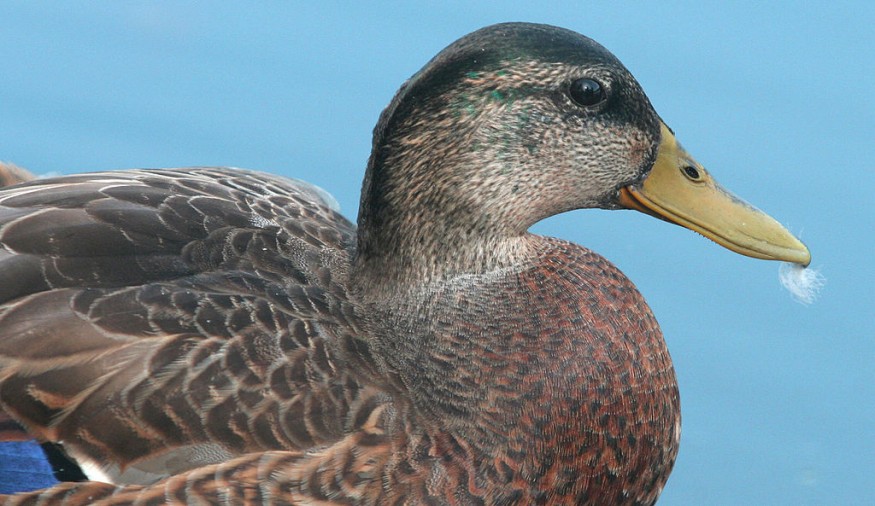Avian flu struck dozens of birds at an animal sanctuary in the town of Derry, New Hampshire.
Local authorities were forced to conduct euthanasia on domestic birds at the Pumpkin Wall Farm after the outbreak of the highly pathogenic strain of the bird flu.
Bird Flu Outbreak

State officials in New Hampshire conducted a diagnosis of an avian flu outbreak at the animal sanctuary on Friday, March 18.
The officials were prompted to kill 80 of the birds through euthanasia, which left the sanctuary's owners devastated, as per the Associated Press.
Prior to the outbreak, owners at Pumpkin Wall Farm reportedly stated wild ducks, suspected to be carrying the disease, landed on their pond; which led to the infection of their flock, including chickens, ducks, geese, and turkeys.
Following the arrival of wild ducks at the farm, five turkeys at the animal sanctuary suddenly died last week.
The incident caught the attention of the local authorities after the owners contacted the state veterinarian, who first diagnosed the birds had the avian influenza disease.
New England Related Cases
The bird flu outbreak in New Hampshire is not the first case in New England. In fact, related cases of avian influenza were reported in other parts of the region recently.
In Maine, an outbreak was identified at a backyard farm in February.
A related bird flu outbreak was also reported in Connecticut and New York, according to Boston 25 News.
Due to the potential threat, the New Hampshire Department of Agriculture, Markets, and Food (NHDAMF) reportedly recommended business owners and their staff working in the poultry industry review their biosecurity measures to ensure the well-being of their birds.
Beyond New England, the Centers for Disease Control and Prevention (CDC) stated there is no reported case of avian flu among humans across the US.
The CDC clarified the bird flu has low risk to people in New England and other states, as cited by Boston 25 News.
However, the House of Representatives of Rhode Island filed a bill this week regarding preventive health measures against avian influenza.
If the bill is approved into law, it will allow New England health authorities to create quarantine areas.
The quarantine will aim to contain and prevent the movement of domestic animals and products, including eggs, that were infected by the bird flu and other contagious animal diseases.
Bird Flu Symptoms and Origin
Bird flu, also called avian flu, avian influenza, or H5N1 infection, was first detected at a poultry outbreak in Hong Kong in 1997.
Since then, the disease has spread to both poultry birds and wild birds in over 50 countries in Africa, Asia, Europe, and the Middle East, according to the CDC.
A bird flu infection can occur through zoonotic transmission, including some pathogenic strains of the disease that can affect humans.
The disease is notably lethal to birds but it can also cause deaths to humans.
The World Health Organization (WHO) reported that between January 2003 and February 2022, there were 863 cases of the H5N1 virus among humans worldwide, resulting in 455 fatalities or 53% of all the confirmed cases of avian influenza.
The WHO said the common symptoms of avian influenza on humans are the following: fever, cough, pneumonia, and gastrointestinal symptoms such as diarrhea, nausea, and vomiting.
Related Article: Avian Influenza Spreading in the US, Poultry Farmers Worried
© 2026 NatureWorldNews.com All rights reserved. Do not reproduce without permission.





